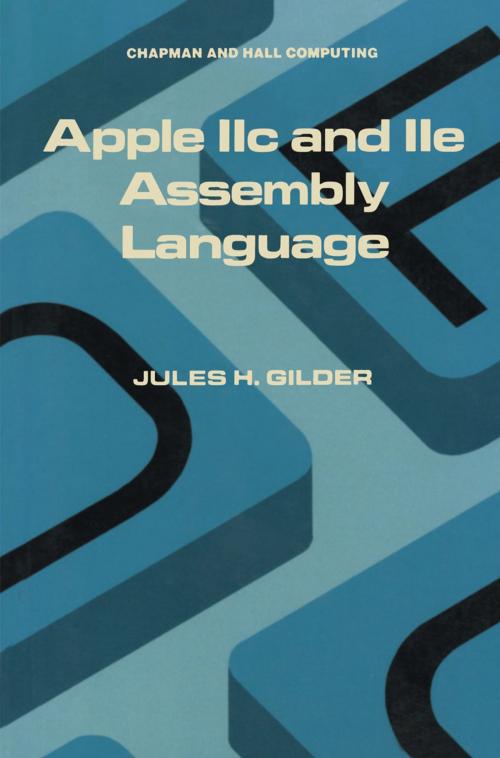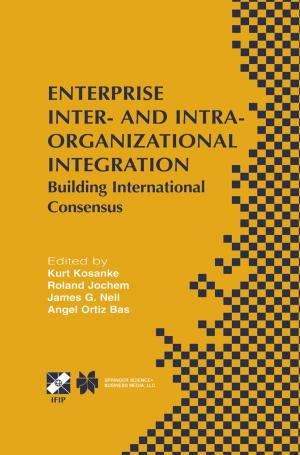Apple IIc and IIe Assembly Language
Nonfiction, Computers, General Computing, Programming, Science & Nature, Science| Author: | Jules H. Gilder | ISBN: | 9781468464245 |
| Publisher: | Springer US | Publication: | December 6, 2012 |
| Imprint: | Springer | Language: | English |
| Author: | Jules H. Gilder |
| ISBN: | 9781468464245 |
| Publisher: | Springer US |
| Publication: | December 6, 2012 |
| Imprint: | Springer |
| Language: | English |
The Apple / / series of computers represents one of the most versatile and powerful home computers available. If you've used your computer for a while, you've probably become quite familiar with Applesoft BASIC. That's good, because once you know that, this book will show you how to graduate from BASIC programming to assembly language programming. There are many reasons to program your Apple in assembly language. First and foremost is speed. Assembly language is about 100 times faster than BASIC. If you're thinking of writing games or business programs that do sorting, speed is of the essence and assembly language is a must. Assembly language programs usually also require less memory. Thus you can squeeze more complex programs into a smaller amount of memory. Finally, assembly language programs offer you a considerable amount of security, because they are more difficult to trace and change. While assembly language is powerful, it doesn't have to be difficult to learn. In fact, if you can write programs in Applesoft BASIC, you're already half-way home. This book assumes you know BASIC and absolutely nothing about assembly language or machine language. Every effort has been made to write in nontechnical language and to set the chapters out in a logical manner, introducing new concepts in digestible pieces as and when they are needed, rather than devoting whole chapters to specific items.
The Apple / / series of computers represents one of the most versatile and powerful home computers available. If you've used your computer for a while, you've probably become quite familiar with Applesoft BASIC. That's good, because once you know that, this book will show you how to graduate from BASIC programming to assembly language programming. There are many reasons to program your Apple in assembly language. First and foremost is speed. Assembly language is about 100 times faster than BASIC. If you're thinking of writing games or business programs that do sorting, speed is of the essence and assembly language is a must. Assembly language programs usually also require less memory. Thus you can squeeze more complex programs into a smaller amount of memory. Finally, assembly language programs offer you a considerable amount of security, because they are more difficult to trace and change. While assembly language is powerful, it doesn't have to be difficult to learn. In fact, if you can write programs in Applesoft BASIC, you're already half-way home. This book assumes you know BASIC and absolutely nothing about assembly language or machine language. Every effort has been made to write in nontechnical language and to set the chapters out in a logical manner, introducing new concepts in digestible pieces as and when they are needed, rather than devoting whole chapters to specific items.















